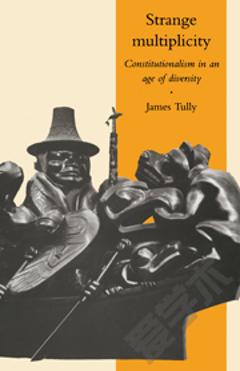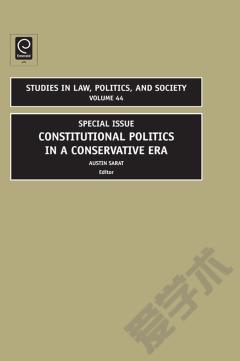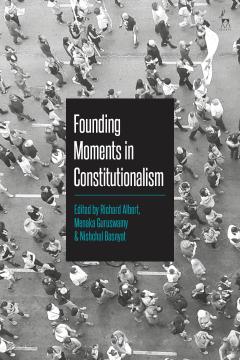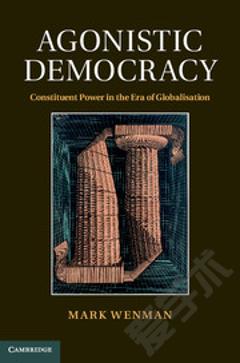Strange Multiplicity: Constitutionalism in an Age of Diversity
Part I. Demands for Constitutional Recognition: 1. The constitutional question raised by the politics of cultural recognition: six examples and three similarities 2. The mutual recognition of cultural diversity: three features of the common ground and three historical movements 3. The spirit of Haida Gwaii as a symbol of the age of cultural diversity 4. A constitutional dialogue in The spirit of Haida Gwaii Part II. Diversity and Contemporary Constitutionalism: 5. Anwering the constitutional question: an outline 6. Two languages of contemporary constitutionalism and the three schools of modern constitutionalism 7. The challenge of post-modernism and cultural feminism 8. The challenge of interculturalism Part III. The Historical Formation of Modern Constitutionalism: The Empire of Uniformity: 9. Constitutions ancient and modern 10. Seven features of modern constitutionalism 11. Example of forging the seven features: Locke and Aboriginal peoples 12. Vattel, Kant and their followers 13.The reform of diversity in Europe and the colonies 14. The American revolution and the guardians of empire today Part IV. The Historical Formation of Common Constitutionalism: The Rediscovery of Cultural Diversity, Part I: 15. The hidden constitutions of contemporary societies 16. Understanding constitutionalism: Wittgenstein and Hale 17. Examples of the three conventions: the Aboriginal and common-law system and the conventions of mutual recognition and consent 18. The Aboriginal and common law system and the convention of continuity 19.The Aboriginal and common law system and constitutional dialogue Part V. The Historical Formation of Common Constitutionalism: The Rediscovery of Cultural Diversity. Part II: 20. Diverse federalism and the conventions of mutual recognition, continuity and consent 21. Diverse federalism and continuity: the Quebec act and the ancient constitution 22. Diverse federalism, the three conventions and the American revolution 23. The modern attack on diverse federalism: the Durham report and its followers 24. Linguistic minorities and the three conventions: the form of reasoning appropriate to mutual recognition and accommodation 25. Intercultural citizens, gender differences and the three conventions Part VI. Constitutionalism in an Age of Cultural Diversity: 25. A summary of contemporary constitutionalism 26. Replies to four objections to contemporary constitutionalism 27. Two public goods of contemporary constitutionalism: belonging and critical freedom Conclusion: the philosophy and practice of contemporary constitutionalism Notes Bibliography Index.
{{comment.content}}








 京公网安备 11010802027623号
京公网安备 11010802027623号